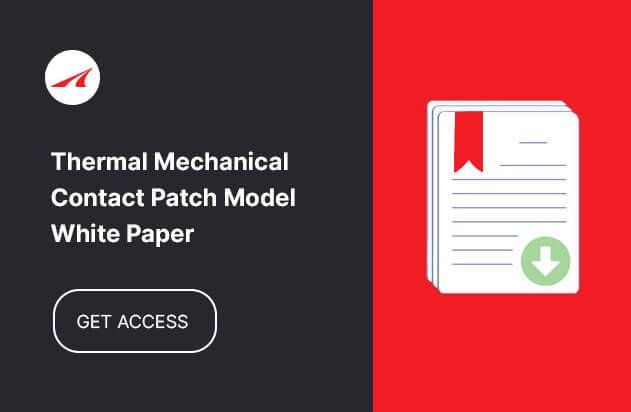Testing Tires at High Loads
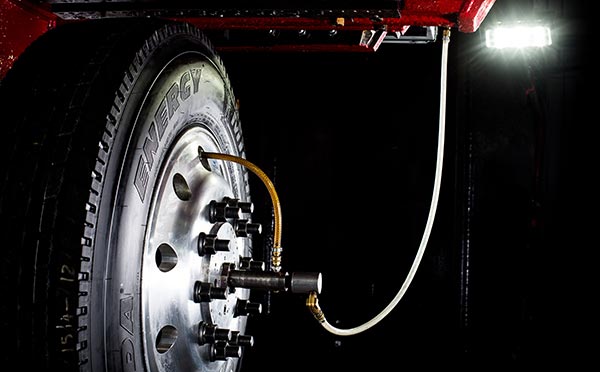
Testing Truck and Aircrafts at their Real Operating Conditions
The high load capabilities of Calspan’s tire testing equipment makes it well suited for testing truck tires and aircraft tires. Capturing force and moment behaviors of such tires at high load is essential to ensure vehicle stability and safety.
Tire testing is a cost-effective way to ensure tires meet specifications and it leads to increased understanding and reduced risks for prototype testing. Calspan is able to perform high speed and low speed tests, suitable for a wide range of studies and applications. Compared to other facilities, testing can be done on the flat-belt, resulting in more accurate results compared to drum testing, where the contact patch pressure distribution becomes highly distorted making correlation much more challenging.
Whether it is for development purposes, or regulatory testing requirements such as FMVSS 136 or QTR for aircrafts, Calspan has the capabilities and expertise to help you succeed.
Truck Tire Testing
Test medium and heavy truck tires at and beyond their full load capabilities; capture complete lateral, longitudinal and combined force and moment data at loads up to 12,000 lbf (53 kN).
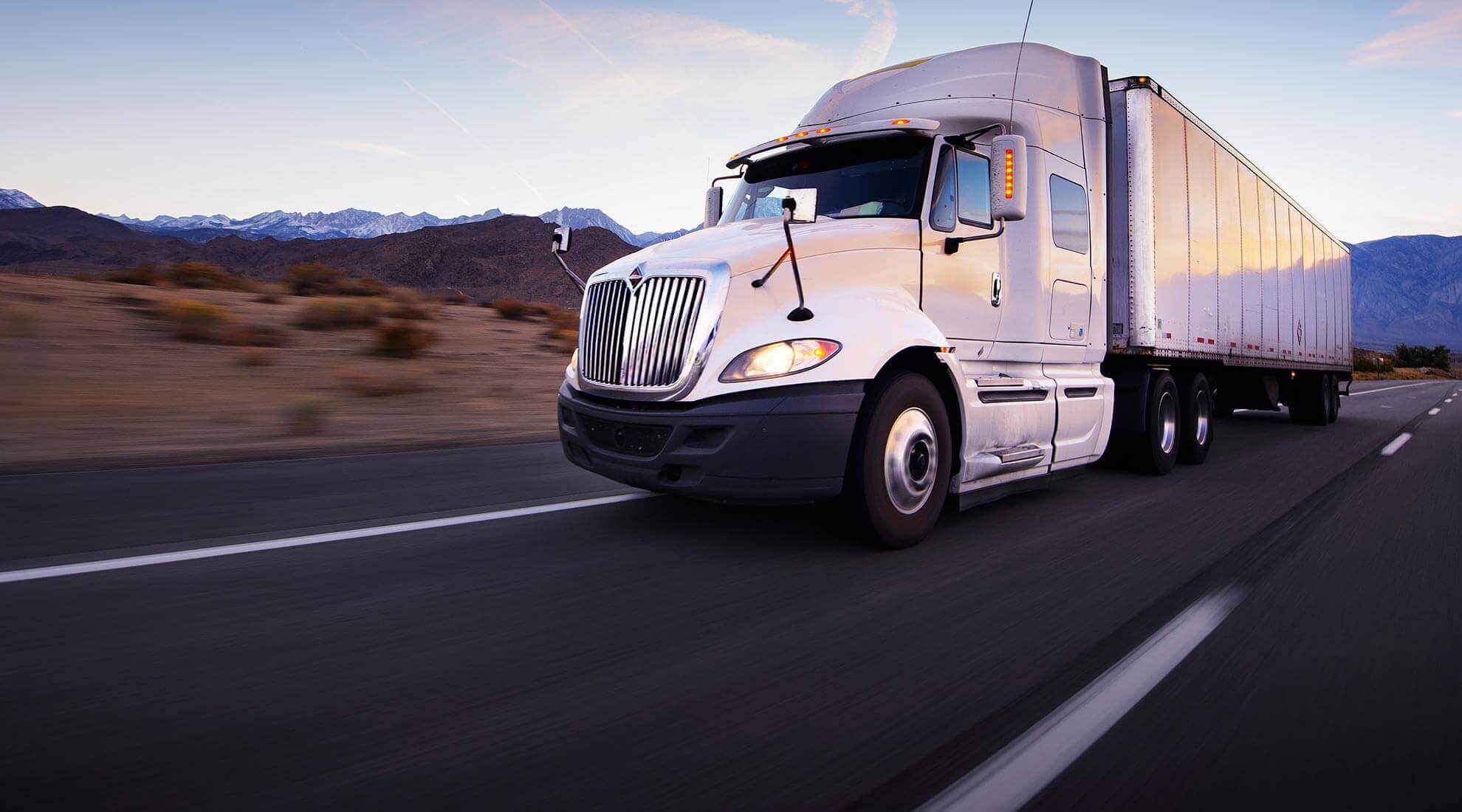
Aircraft Tire Testing
Testing aircraft tires at high speed and high load produces realistic conditions and accurate data to evaluate tire performance in taxi, take-off and landing conditions for simulations/QTR.
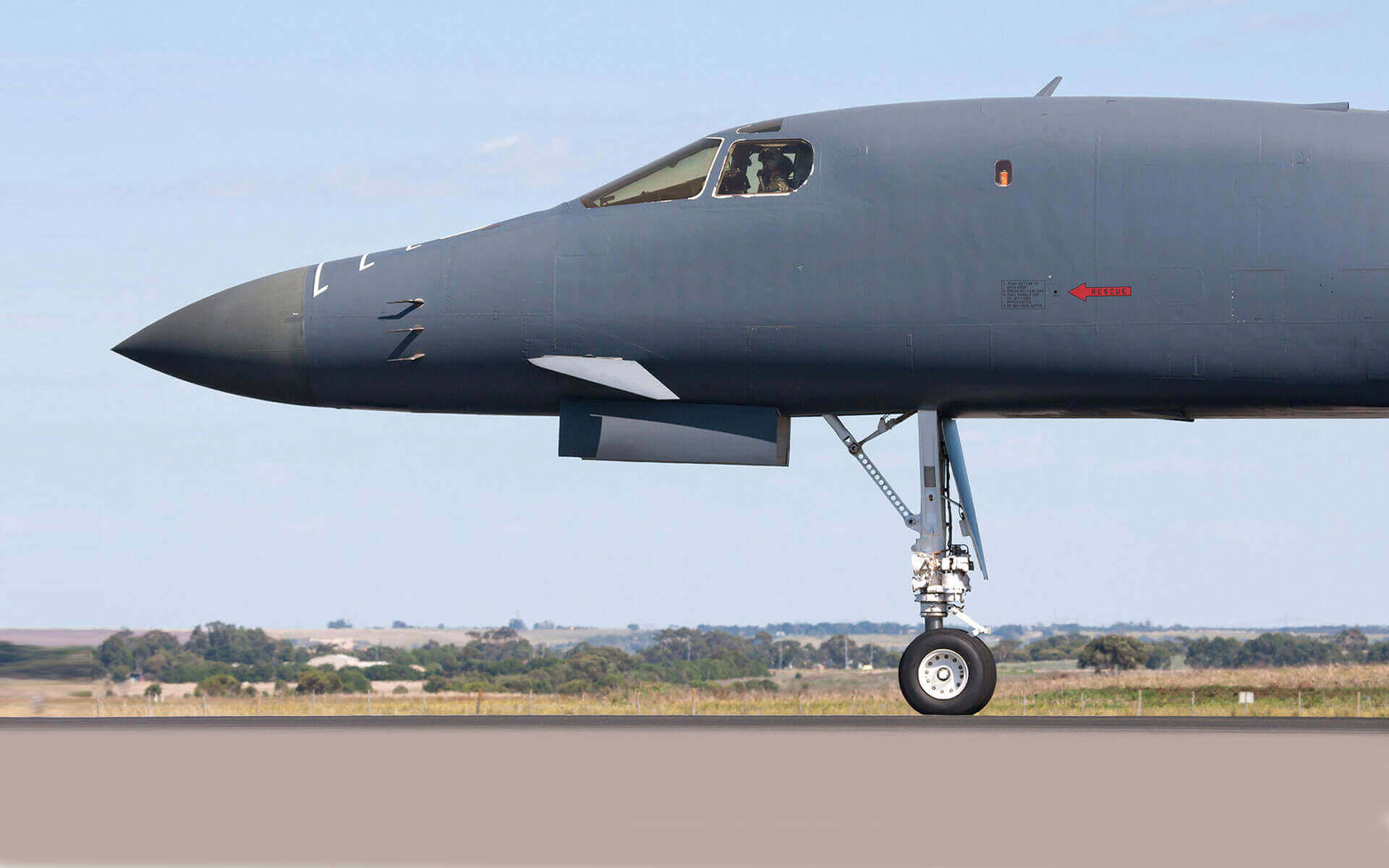
Modelling and Research
Collecting tire data and building tire models of tires to to help ensure compliance with FMVSS 136 (Electronic Stability Control Systems for Heavy Vehicles), or validate landing gear loads.
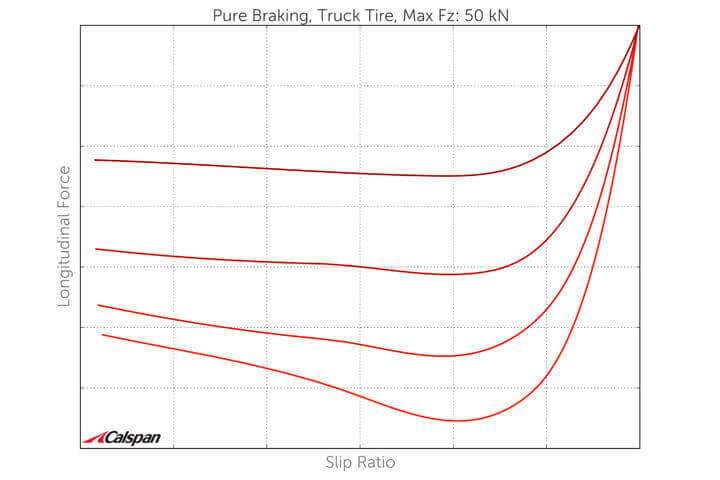
Advanced Measurements
With over 40 years of experience, Calspan can help innovators with any advanced measurements and executing custom exploratory tests. Our research-grade data acquisition system can easily be configured with additional sensors. In close cooperation with sensor manufacturers, we can develop the measurement equipment needed to collect data to solve almost any problem, including tire wear. Almost no measurement is too difficult or complex; we have a long history of developing custom test setups and procedures to produce the highest quality tire data.
Capabilities:
- Measure complex tire behaviours through integration of additional research-grade sensors to the tire measurements.
- Integrate additional measurements to the main data acquisition or sync measurements to third-party data acquisition.
- Use slip-rings or wireless data transfer to perform on-wheel or in-tire measurements such as temperature or strain.
- Test and evaluate intelligent tire technology performance and durability in a controlled and repeatable environment.
Perform three-dimensional deflection measurements in dynamic conditions to validate tire FEA or enhance full vehicle CFD results.

THERMAL TESTING
Temperature has a significant impact on the performance of any tire. Fully understanding tire thermal properties under various speeds, inclination angles and inflation pressures is important when designing tires and trying to maximize their efficiency on vehicles. Using a variety of different sensors to measure such things as external surface, internal carcass and gas temperatures, Calspan can record the complete thermal state of a tire during any test. Additionally, we can advise on dedicated test procedures that produce high resolution thermal data for use in thermal tire modeling and tire material characterization.
- Quantify thermal response of rubber compounds and their effect on tire grip.
- Take real-time measurement of both internal and external tire temperatures.
- Use a fully integrated FLIR IR camera for detailed tread, sidewall and bead temperature studies.
Collect data to fully parameterize thermal tire models.
DURABILITY TESTING
High performance tires often operate at elevated speeds for long periods of time and Calspan’s exceptional capabilities ensure that the tire can go though the same loads, speeds and conditions as it will see in real life. This makes the machine perfect for evaluating tire performance and durability in fully dynamic conditions. Multiple camera angles and strobe lights are available to study standing wave effects and other dynamics behaviors.
- Perform extended testing at speeds over 200 mph/320 km/h on a flat surface to measure high speed durability and performance.
- A powerful road motor ensures constant speed throughout testing and allows for very rapid speed changes (0.8g).
- Perform complete force and moment tests at high speeds at realistic operating conditions for motorsports and aircraft testing.
Investigate and measure standing wave effects and other high speed phenomena.
WEAR MEASURMENTS
Using the full dynamic capabilities of Calspan's tire testing machine makes it possible to measure tire wear characteristics in real-life conditions. We are able to perform highly repeatable tests to identify tire wear rates and wear characteristics.
- Replicate realistic vehicle maneuvers including brake/drive in a controlled environment to capture high resolution tire wear data.
Measure tread wear effects on F&M characteristics and collect data for tire wear modeling from a single test.
Looking For More Information?

